|
For most of us, climbing, mountaineering and hill walking are all nice ways to spend our free time, ways to stay fit and healthy and to give us a wee boost when we are feeling a bit down or when we need a bit of breathing space. For some people, spending time outdoors, in the mountains, climbing and walking is what keeps them alive. Some people have mental injuries so profound that they struggle to operate in everyday life like the rest of us. Some of these people have found that climbing is a powerful way to manage their symptoms and helps them to function in a relatively normal way. Last week I spent some time climbing on Skye with a group of guys from Climb 2 Recovery and a group of guides and mountaineering instructors. Set up by wounded veterans for other wounded, injured and sick veterans and service personnel, Climb2Recovery is a charity that offers climbing courses to help with both physical and mental recovery. Much more than that though, through climbing they are building all-important support networks. This trip was supported by Patron Capital Charitable Initiatives and I got to climb with Keith and Aaron from Patron. Many of the guys have PTSD and a couple of them have physical injuries. We were also joined by a couple of guys who have been presented with the George Cross. The stories of these guys were remarkable, both of their time in service and of its impacts afterwards. We did a mixture of climbs at Neist where there is amazing single pitch climbing on sea cliffs and on the hillside above, big multi-pitch routes in the mountains, scrambling around the tops, a full traverse and a night spent in Coire Laggan. It was a bit damp on the first day but we had a dry two days in the middle for the full traverse and a few sunny days spent at Neist. In many ways it was just another week of climbing, but for these guys it was described as "transformative" or "life changing". To me, the positive effect of climbing is no surprise. I have written previously about the idea that the natural environment has profound restorative effects on our wellbeing. “Attention Restoration Theory” tells us that the human experience of the natural world markedly assists in maintaining and fostering a strong sense of subjective wellbeing. Modern day life in our urban, man-made environments, increases mental fatigue, stress and anxiety. Restoration of feelings of calm, relaxation, revitalisation and refreshment can be achieved by spending time in a natural environment. For it to be most effective, a natural environment should have three critical elements;
Removal from Normal Life I’ve often said to people, hillwalking and mountaineering are like meditation. We are removed physically and mentally from our everyday lives. We get so involved in the moment, in the activity and its demands on us, that we very often forget all about our normal worries and anxieties. The more we are challenged by the activity, the less cognitive bandwidth we have for anything else. It’s only when we get back home that we remember about the outstanding bills, the anxiety caused by our work or any number of things that cause our mental fatigue. Fascinating Sensory Elements It’s really obvious that our mountains are full of astounding visual and sensory elements that are fascinating, beautiful, full of wonder and surprising. Over the last few years I have increased my knowledge of the natural environment massively. It’s also clear to me that there is a never-ending supply of new knowledge to gain, new insights to understand and new things to see. This understanding of the very small things in our landscape makes my enjoyment of the vast scale of the landscape even more rewarding. It Should Be Expansive By exploring the mountains that surround us in Scotland we get to feel the immense scale of the landscape, the power of the weather, and the never-ending nature of wildness, that can give us a proper sense of scale. In a blizzard on a summit with numb fingers and an unrelenting wind, when we have to take a bearing on our compass to walk off safely there is nobody else we can turn to, nobody else we can blame if we get it wrong, and no sympathy in the weather or the landscape. It is a good reminder that each of us is not at the centre of things with the world revolving around us. We need to learn some humility and to take responsibility for ourselves. This is surely the expansive nature of the experience that is required to make its restorative effects most profound. In addition to the restorative effects of attention restoration theory, there is something about control, independence and responsibility that really benefits these guys. Recovering from PTSD as partly about regaining control of your life, something that we get a real sense of when we go climbing. There are few activities in which we are in total control of what we do, how we do it and what the outcome will be. We choose the challenge, focus on it totally and accept the responsibility of the outcome. After all, the outcome is totally dependent on our performace, nothing else. We can't blame the rock or someone else. If we can transfer some of this sense of self-responsibility and its effect of grounding us to our day to day lives, we will be better for it. For me and the team of guides (Kevin, Hannah, Annie, Caspar and Rob) this was a wonderful trip to be a part of, a trip that had far more profound benefits to the people involved and one that brought home to us all just how basically good mountaineering is for all of us.
0 Comments
Your comment will be posted after it is approved.
Leave a Reply. |
AuthorMike Pescod Self reliance is a fundamental principle of mountaineering. By participating we accept this and take responsibility for the decisions we make. These blog posts and conditions reports are intended to help you make good decisions. They do not remove the need for you to make your own judgements when out in the hills.
Archives
March 2024
|
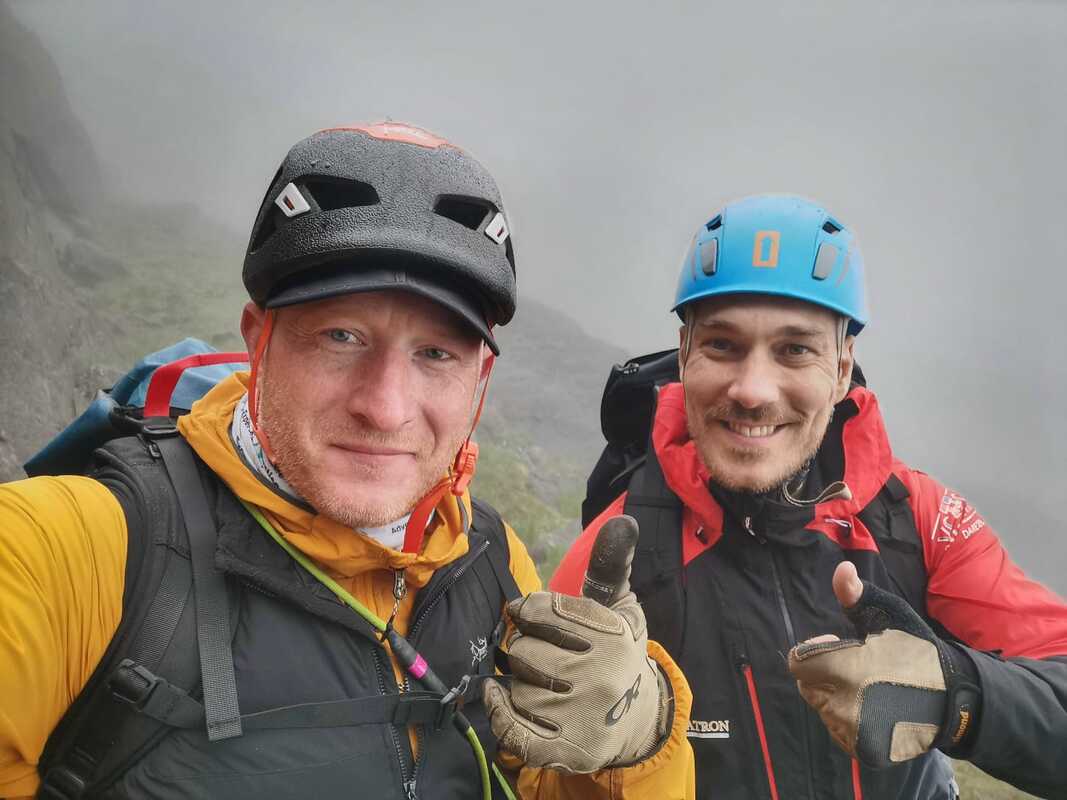
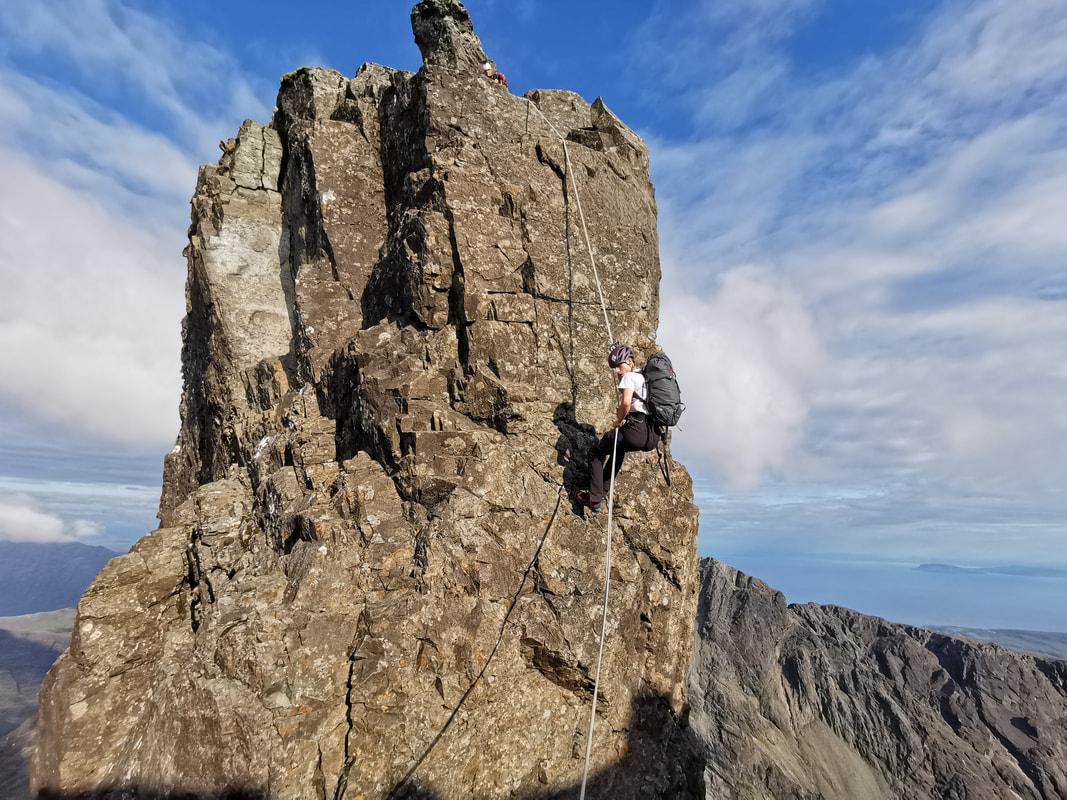
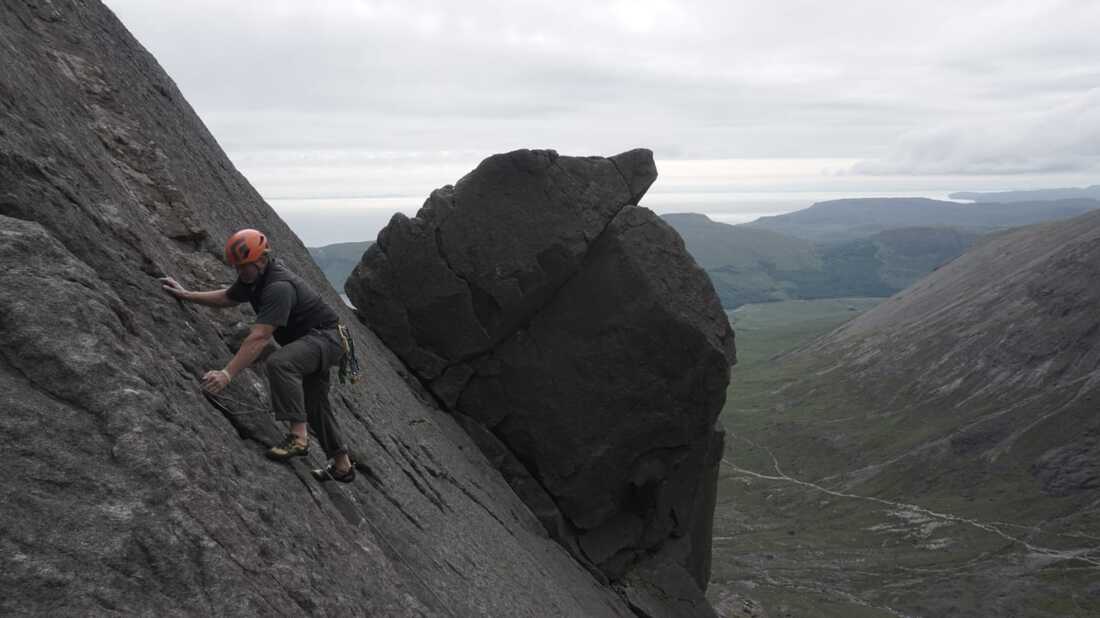
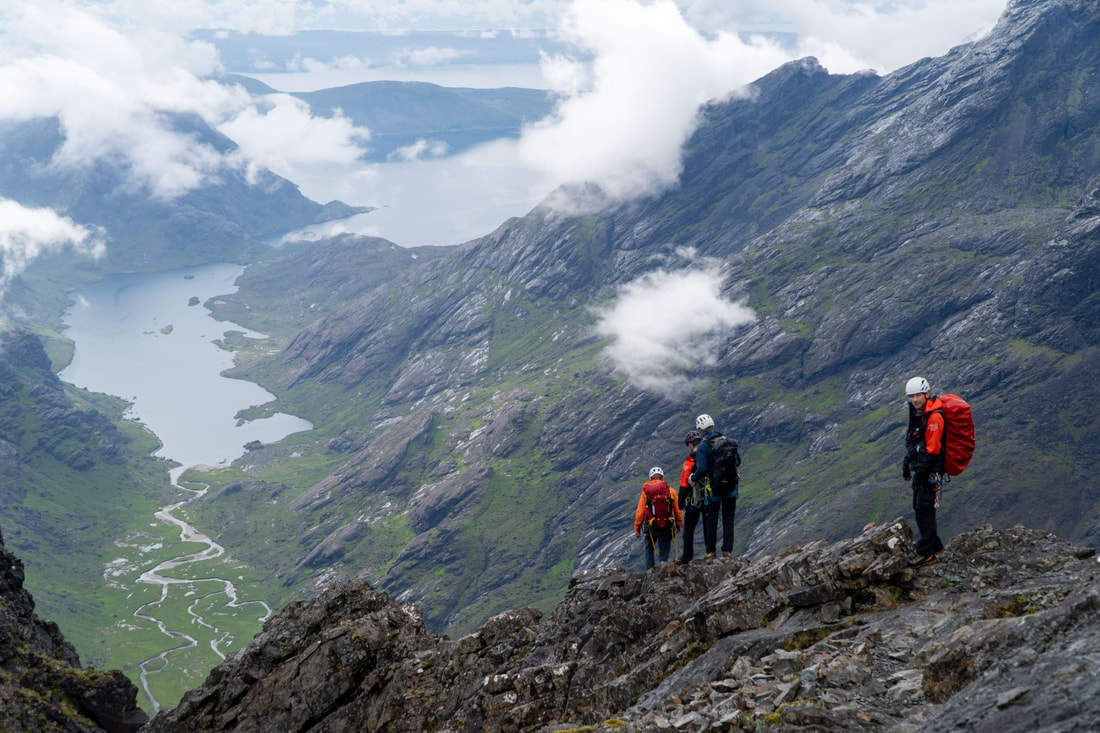
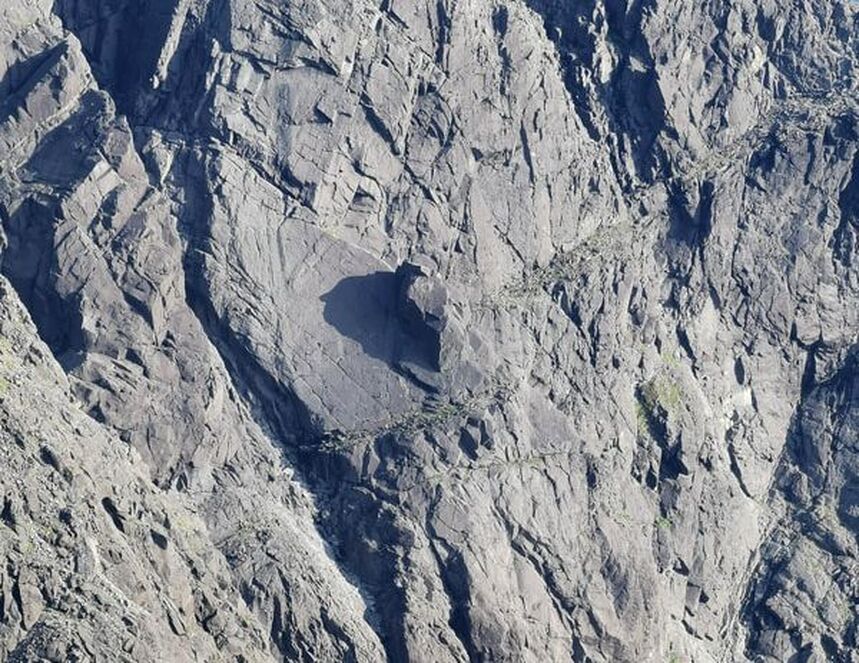
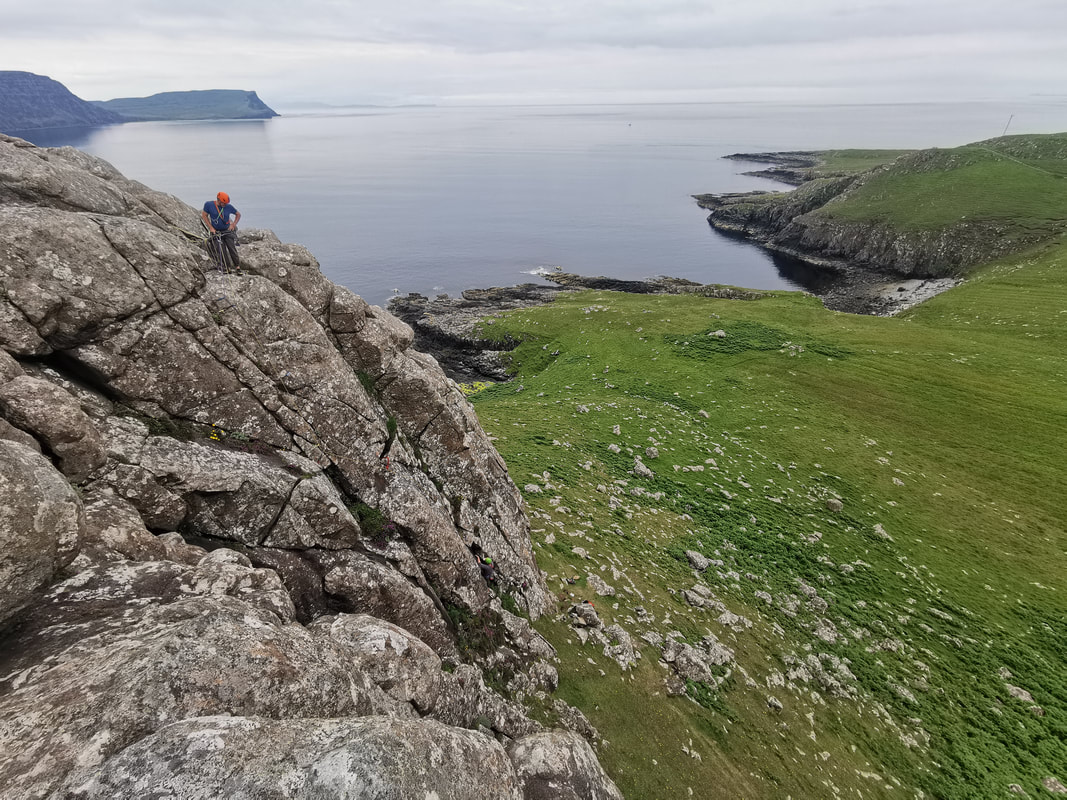
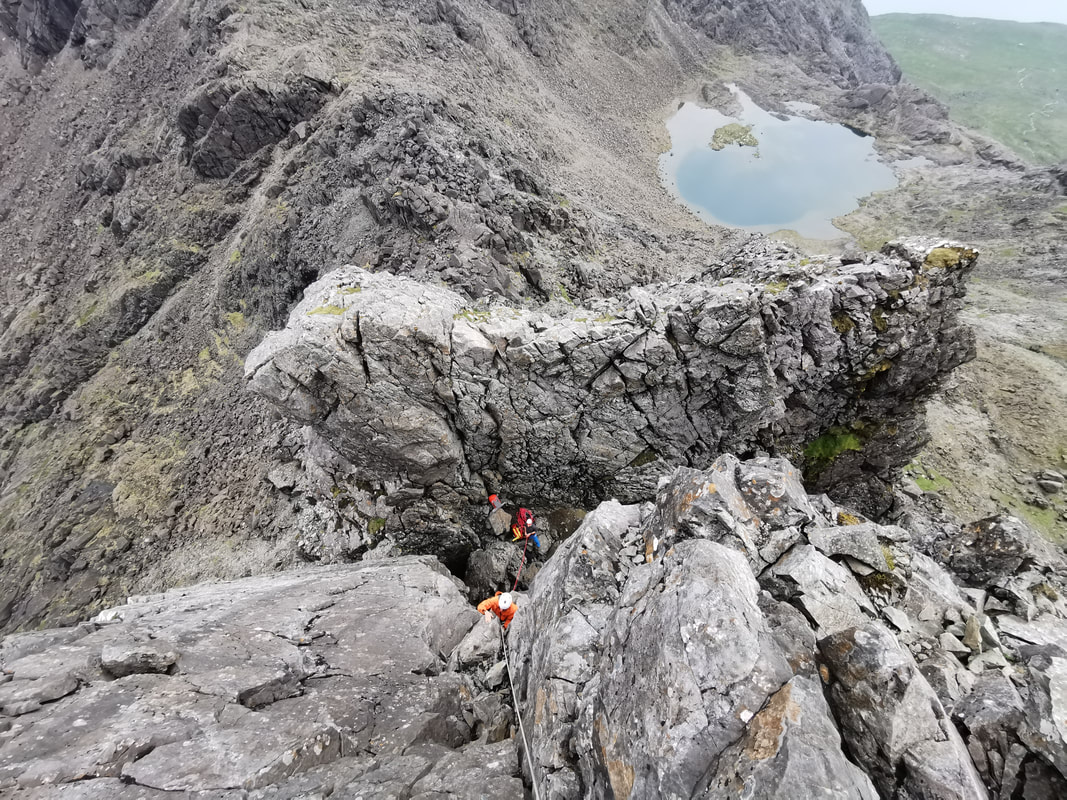
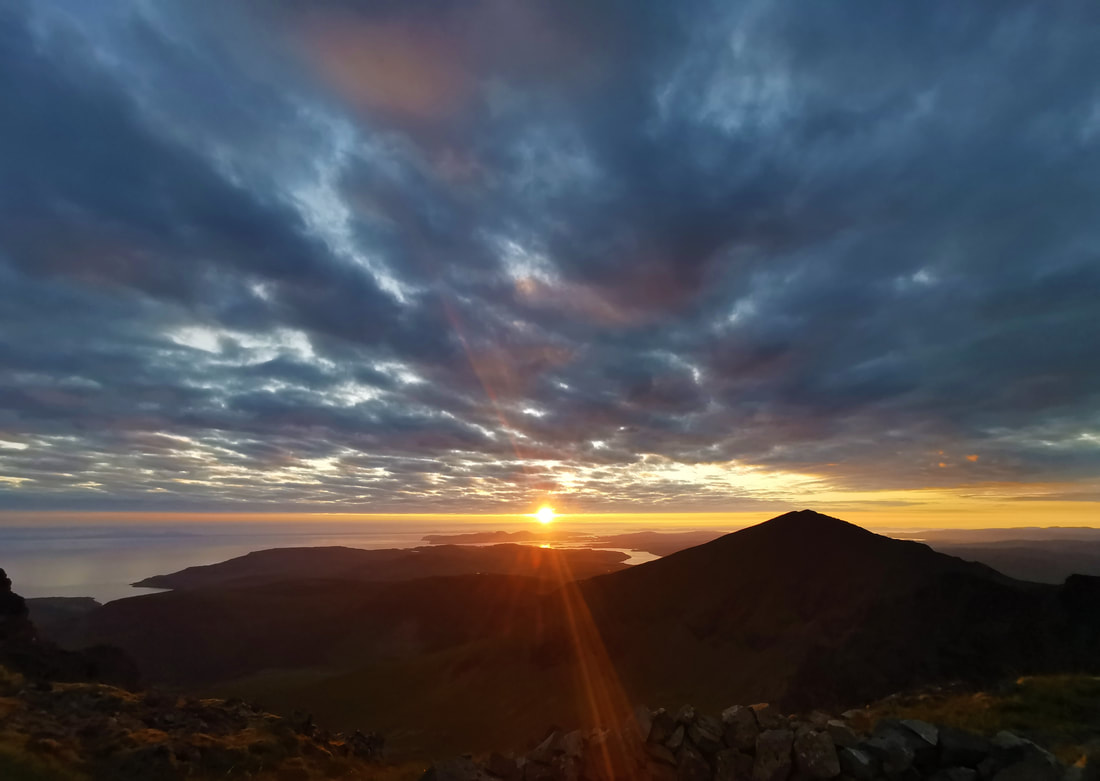
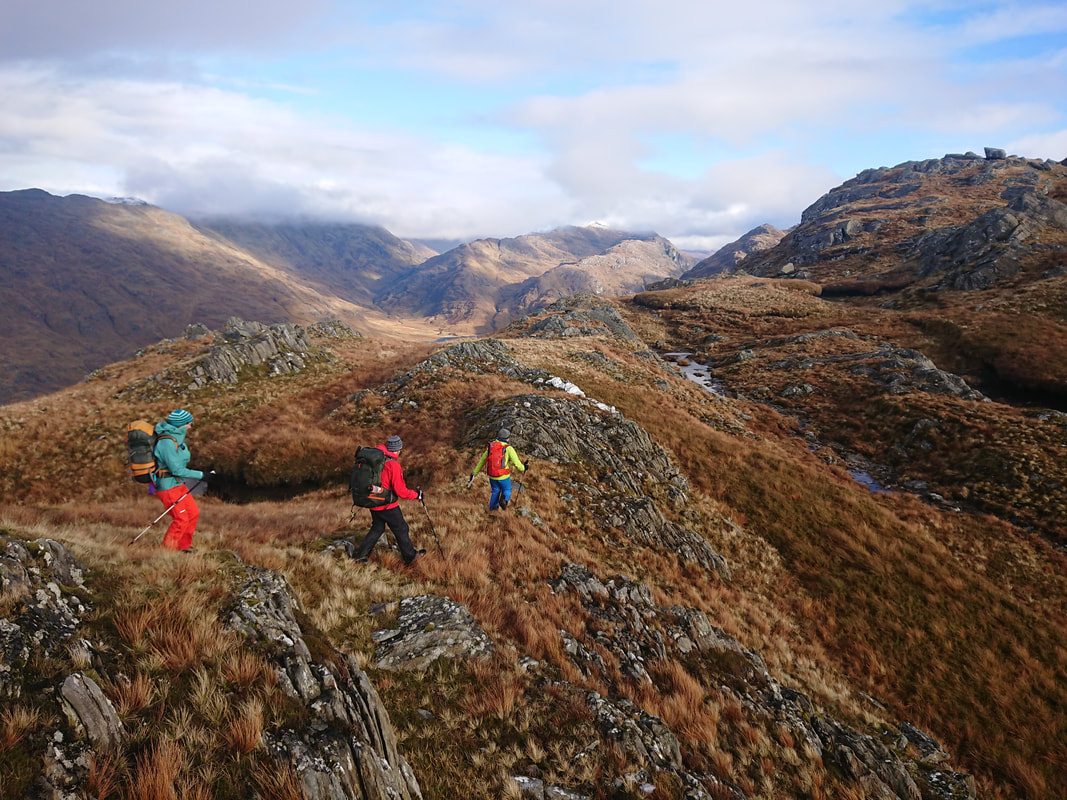
 RSS Feed
RSS Feed
